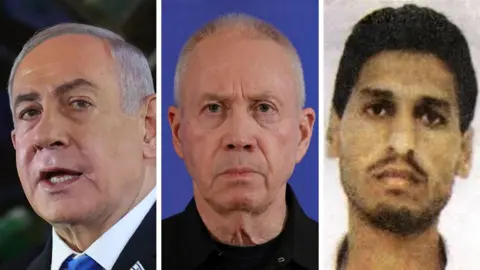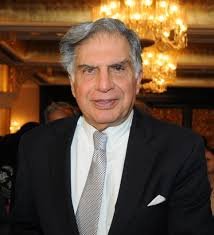 EPA / Reuters / Supplied
EPA / Reuters / SuppliedThe International Criminal Court (ICC), has issued arrest warrants for Israel’s prime minister Benjamin Netanyahu, Israel’s former defence minister, Yoav Gallant, and Hamas military commander, Mohammed Deif.
A statement said a pre-trial chamber had rejected Israel’s challenges to the court’s jurisdiction and issued warrants for Netanyahu and Gallant.
A warrant was also issued for Deif, although Israel has said he was killed in an air strike in Gaza in July.
The judges said there were “reasonable grounds” the three men bore “criminal responsibility” for alleged war crimes and crimes against humanity in the war between Israel and Hamas.
Both Israel and Hamas have rejected the allegations.
Prime Minister Netanyahu condemned the ICC’s decision as “antisemitic”, while Hamas said the warrants for Netanyahu and Gallant had set an “important historical precedent”.
The impact of these warrants will in part depend on whether the ICC’s 124 member states – which do not include Israel or its main ally, the United States – decide to enforce them or not.
The White House, which has been arming Israel, said the US rejected the ICC decision.
However, several European countries have said they respect the decisions of the court.
The ICC has the authority to prosecute those accused of genocide, crimes against humanity and war crimes on the territory of states party to the Rome Statute, its founding treaty.
Israel rejects the ICC’s jurisdiction, but the court ruled in 2021 that it had jurisdiction over the occupied West Bank, East Jerusalem and Gaza.
In May, the ICC prosecutor Karim Khan sought warrants for Netanyahu, Gallant, Deif and two other Hamas leaders who have since been killed, Ismail Haniyeh and Yahya Sinwar.
Although Israel believes Deif is dead, the chamber said it had been notified by the ICC prosecution that it was not in a position to determine whether he was killed or remained alive.
The prosecutor’s case against them stems from the events of 7 October 2023, when Hamas gunmen attacked southern Israel, killing about 1,200 people and taking 251 others back to Gaza as hostages.
Israel responded to the attack by launching a military campaign to eliminate Hamas, during which at least 44,000 people, mostly women and children, have been killed in Palestinian territories.
For Deif, the chamber found reasonable grounds to believe he was “responsible for the crimes against humanity of murder; extermination; torture; and rape and other form of sexual violence; as well as the war crimes of murder, cruel treatment, torture; taking hostages; outrages upon personal dignity; and rape and other form of sexual violence”.
It also said there were reasonable grounds to believe the crimes against humanity were “part of a widespread and systematic attack directed by Hamas and other armed groups against the civilian population of Israel”.
The court found reasonable grounds to believe that Netanyahu and Gallant, “each bear criminal responsiblity as co-perpetrators for committing jointly with others, “war crime of starvation as a method of warfare; and the crimes against humanity of murder, persecution, and other inhumane acts”.
It also found reasonable grounds to believe that “each bear criminal responsibility as civilian superiors for the war crime of intentionally directing an attack against the civilian population”.
The chamber also noted that it had rejected two Israeli challenges – one disputing the ICC’s jurisdiction over the Palestinian territories, and Israeli nationals specifically, and the other arguing that the ICC prosecutor had not given Israel the opportunity to investigate the allegations itself before requesting warrants.
The ICC is a court of last resort and is only supposed to act when domestic courts cannot, or will not, genuinely investigate or prosecute serious international crimes.





